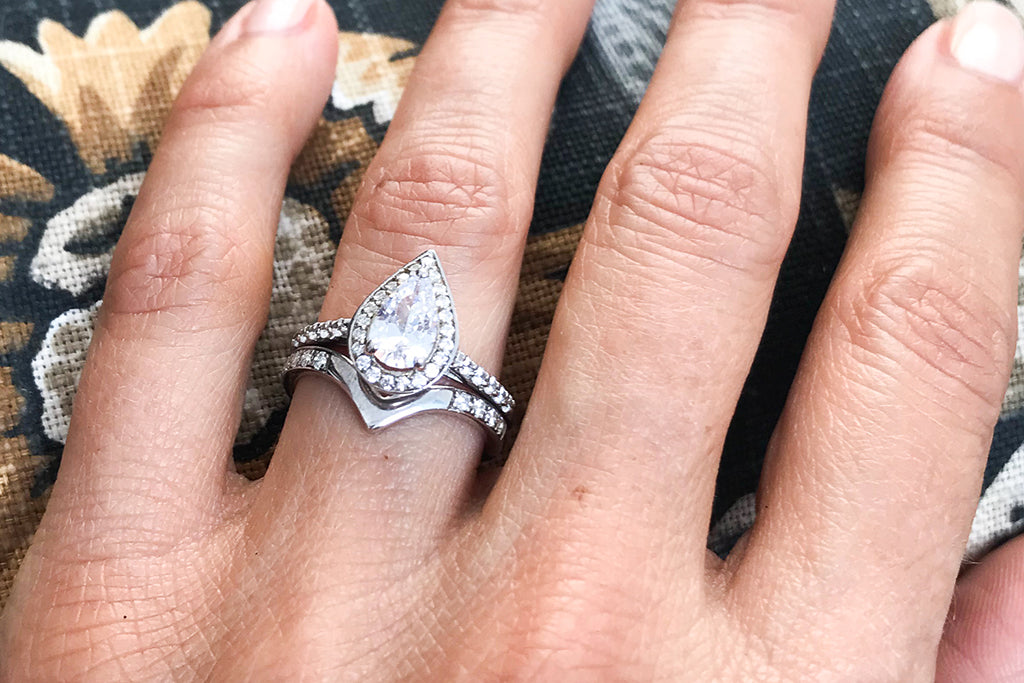Around 1 in 5 women in the UK suffers from PCOS. According to the NHS, symptoms can become apparent during your late teens or early 20s. However, the symptoms can vary for all women, and they can appear with mild to severe signs.
The symptoms can range from excessive hair growth, irregular periods to weight gain and thinning hair. Although there are no cures to PCOS and the symptoms it comes with, there are some ways you can help manage each symptom:
Table of Contents
Excessive Hair Growth
Women may experience thicker and darker hair growth on their face and body from PCOS. This may be down to a change in hormone levels and cause hirsutism (excessive hair growth). There may be a range of treatments that your GP can offer to help to treat excessive hair growth. However, the longer-lasting hair removal method that has helped many women is laser hair removal.
Laser hair removal works by using light to heat and destroy the hair follicles from the root, unlike other hair removal methods that only remove hairs from the surface. With extensive research and development in laser technology, laser hair removal is suitable for all skin types with the Gentle Max Pro by Syneron Candela.
 Typically, a course of 8 treatments is required depending on each individual’s hair growth; however, those with PCOS may require more treatments due to hormone levels. In addition, treatments on the face would always require more treatments as the hair grows back faster in that area. After a course of treatments, you can expect to see up to 80% hair reduction and may require some maintenance top-up treatments. One thing to be aware of is during laser treatments, you should keep all the areas away from the sun and fake tan before starting treatments.
Typically, a course of 8 treatments is required depending on each individual’s hair growth; however, those with PCOS may require more treatments due to hormone levels. In addition, treatments on the face would always require more treatments as the hair grows back faster in that area. After a course of treatments, you can expect to see up to 80% hair reduction and may require some maintenance top-up treatments. One thing to be aware of is during laser treatments, you should keep all the areas away from the sun and fake tan before starting treatments.
Before going ahead with a laser hair removal treatment, find a clinic with expertise and knowledge in treating clients with PCOS. The clinic should put your safety first and carry out a consultation and patch test with you to ensure you are eligible to begin treatments. The clinic should also provide you with a safety goggle to wear during treatments and aftercare throughout your treatment course.
Acne
Acne may be a common skin condition that may affect everyone at some point in their lives. However, women with PCOS are more likely to have this symptom which may appear in different forms. Many prescription products and beauty treatments are available for Acne. While it is vital to keep a daily skincare routine, Acne can also be treated first by focusing on foods that cause inflammation. Foods that can cause inflammation include:
Red meat
White foods
Sugar
As dietary changes alone cannot conquer Acne, you can find a clinic that offers nutritional therapy alongside treatments to produce visible results and help manage Acne.
As everyone’s symptoms can vary, it is important to speak with your doctor or GP to carry out tests if you have any symptoms, and they can talk you through other options available to help manage your symptoms.












